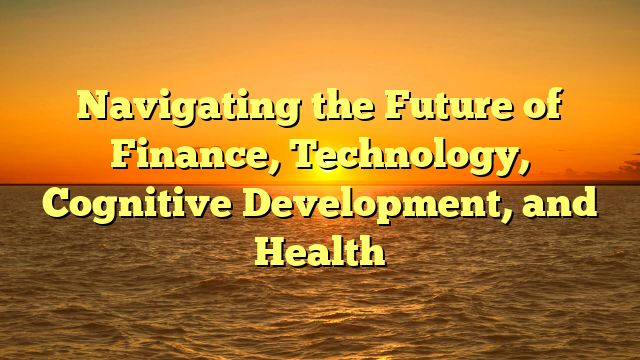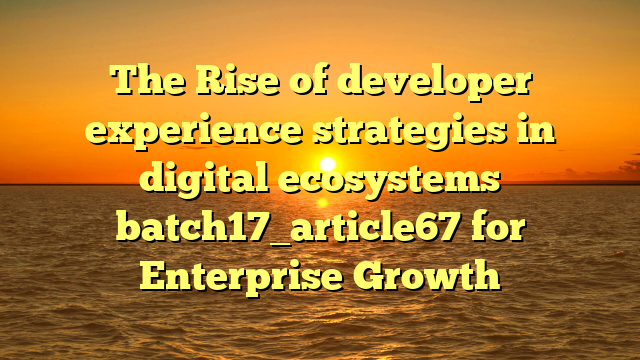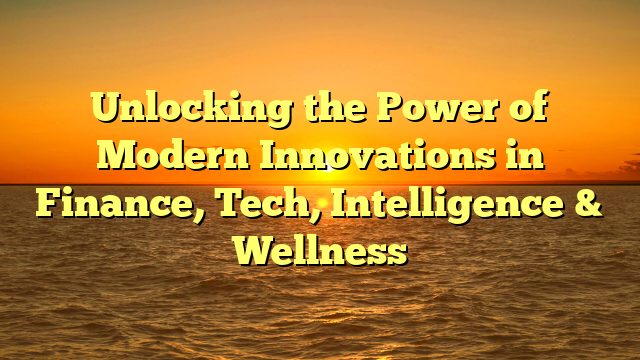In today’s rapidly evolving world, the integration between finance, emerging tech, intelligence, and healthcare have become increasingly significant. These sectors are no longer independent areas; rather, they cooperate in ways that are shaping the future of our societies.
1. The Impact of Technology on Financial Systems
Modern innovation has revolutionized the way money moves in ways we never imagined. Traditional banking systems are now facing disruption from fintech, which offer smarter and more efficient services.
Some key advancements include:
Digital wallets and apps like Venmo
Digital currencies such as Solana
Blockchain, which provides transparency
AI-based financial advisors
These tools enable people to manage their money with greater ease, and businesses can enhance operations like fraud detection.
2. Artificial Intelligence and Smart Decision-Making
Artificial Intelligence (AI) is no longer just a tech trend; it’s reshaping the way we work. AI in financial sectors plays a crucial role in:
Algorithmic trading
Loan approvals based on non-traditional data
Chatbots for financial queries
Market prediction tools
In healthcare, AI is used for:
Early disease detection
Personalized treatment
Radiology enhancement
Mental health chatbots
Notably, the same AI systems used for predicting stock trends can be repurposed to detect cognitive decline.
3. Financial Intelligence and Personal Wealth
Being financially intelligent in the 21st century is more important than ever. Availability of apps is not enough — users must understand how to manage them effectively.
Core elements of financial intelligence include:
Budgeting
Choosing smart assets
Credit control
Building passive income
Technology now allow for automated saving, making it easier for everyday users to build wealth. With AI, users can identify spending patterns and suggest better financial choices — a true blend of intelligence and finance.
4. Cognitive Intelligence and Emotional Well-being
Cognitive development is not just about IQ; it’s also about EQ. With growing focus on digital interactions, many people are seeking balance between technology use and mental health.
Mental wellness platforms like Headspace use AI algorithms to suggest meditation routines. Meanwhile, wearable technology (like Fitbit) monitors sleep patterns, providing real-time data for psychological support.
Linking mental health with financial and physical health is key to a balanced life.
5. Health Tech and the Future of Medicine
Health technology are changing the way we approach care. From telemedicine to robot-assisted surgeries, patients now have access to care like never before.
Breakthroughs in this space include:
DNA sequencing and tailored treatment
Faster pharmaceutical development
IoT medical devices
Remote monitoring tools
Such progress enable early detection, reduce costs, and improve outcomes.
6. tasenslot Between All Four Fields
Let’s look at a scenario where these sectors work together:
A user wears a wearable device that detects signs of stress. The device uses machine learning to alert the person, while simultaneously suggesting budgeting tips that can reduce monetary stress. It also syncs with an app that adjusts the user’s investment strategy based on emotional trends.
Meanwhile, their personal AI assistant recommends meditation sessions, healthier habits, and financial micro-investments — all of which are seamlessly integrated.
This is not fiction — it’s the emerging ecosystem.
7. Challenges and Ethical Considerations
As with any revolution, there are risks:
Privacy concerns
Algorithmic bias
Tech inequality
Loss of human judgment
To build a sustainable future, developers and leaders must prioritize:
Clear regulations
Access for all
Human-AI collaboration
Digital literacy
Conclusion
The future of humanity is being shaped by the interconnection of finance, digital innovation, intelligence, and personal wellness. By strategically aligning these areas, we can empower ourselves toward greater harmony.
Whether you’re a tech-savvy investor, the synergy of these four forces is unavoidable. Shape it — the next generation is already here.
Navigating the Future of Finance, Technology, Cognitive Development, and Health



